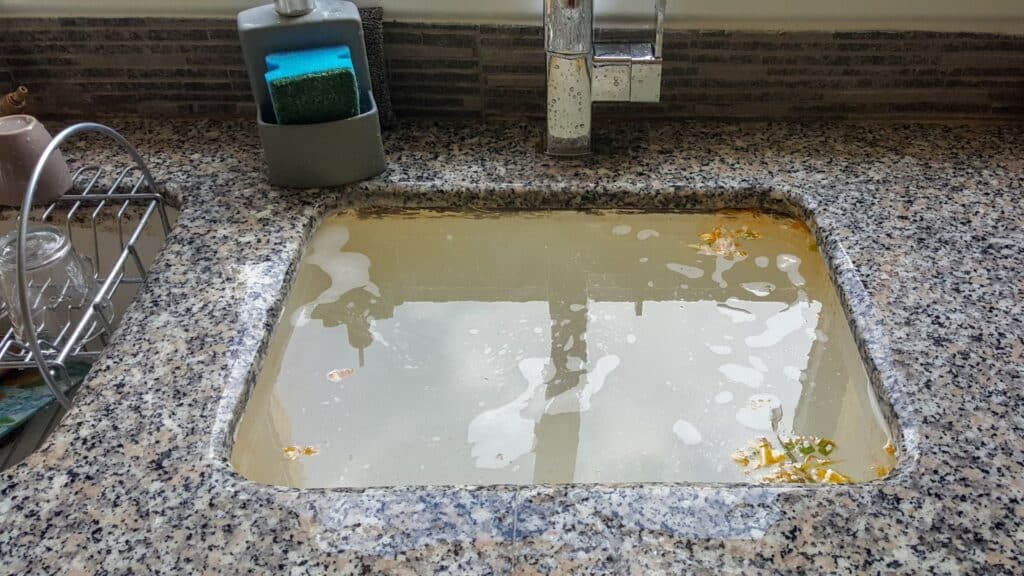Planning ahead for a furnace installation can save you time, money, and stress. Choosing the right time of year is crucial, and surprisingly, summer offers several unique advantages for installing your new heating system.
Avoid the Rush
During fall and early winter, HVAC professionals are in high demand as many homeowners rush to replace or repair their heating systems. Opting for a summer installation means you’ll avoid this busy season. This can lead to quicker service and more flexibility in scheduling your installation.
Cost-Effectiveness
Summer often brings lower prices on heating systems and installation services. With fewer people looking to buy furnaces at this time, you might find discounts on both the units and the labor costs. Taking advantage of these off-season rates can significantly reduce your overall expenses.

Ample Time for Research and Selection
Installing a furnace in the summer provides you with ample time to research and select the best model for your needs without the pressure of dropping temperatures. You can consult with HVAC professionals to find a system that fits your home’s size and your personal energy efficiency needs. This thoughtful approach ensures you get the most for your money.
At AAA Heating and Plumbing, we are committed to providing our customers with the most reliable and energy-efficient heating solutions. That’s why we recommend Carrier and Tempstar high-efficiency products for your heating needs. Both brands are renowned for their innovation, quality, and performance in the HVAC industry.
Carrier Products: Carrier is a leading manufacturer of high-efficiency heating systems that are designed to deliver maximum comfort and energy savings. Their products are built with advanced technology that not only ensures effective heating but also optimizes energy use. Carrier systems are known for their durability and can significantly reduce your home’s heating costs over time.
Tempstar Products: Tempstar also stands out with its commitment to efficiency and reliability. Their high-efficiency furnaces are engineered to keep your home warm while using less fuel, which translates to lower energy bills and reduced environmental impact. Tempstar systems come with robust warranties that offer peace of mind and a commitment to quality that is tough to match.

Preparation for Cold Weather
Installing a new furnace during the summer is an excellent strategy for avoiding the pitfalls of emergency repairs in the colder months. Emergency repairs can be costly not just because of the immediate work needed but also due to the urgency with which these services are required. In the winter, when the demand for furnace repairs spikes, so do the prices. Technicians are in higher demand, and urgent nighttime or weekend work often carries premium charges.
Your new system will be up and running efficiently long before it’s needed, which minimizes the risk of breakdowns during winter’s peak demands. This not only ensures that your home remains warm and comfortable but also leads to considerable savings by avoiding the high costs associated with emergency service calls.
Improved Efficiency and Savings
New furnace models are typically more efficient than older ones, meaning they use less energy and cost less to operate. By upgrading in the summer, you have time to address any issues and ensure the system is running at peak efficiency before you actually need to use it. This preparation can lead to significant savings on your winter heating bills.

Convenient Scheduling and Planning
Scheduling a furnace installation during the summer can often be easier. Many people have more flexible schedules during these months, which means planning the installation can be less disruptive. Also, since there’s no immediate need to use the heater, the installation process can be more relaxed and thorough.
Don’t wait for the winter chill to think about your heating needs. Contact your local HVAC professionals today to schedule a consultation. Preparing now means you’ll be set when the temperature drops. Visit our website or call us directly to find out more about our summer furnace installation specials.
Opting for a furnace installation during the summer not only saves you from winter emergencies but also provides financial and practical benefits. By planning ahead, you can enjoy a stress-free winter with a reliable and efficient heating system.
Frequently Asked Questions
What are the different types of heating systems available for my home?
There are several types of heating systems to consider for warming your home. Forced air systems use a furnace to heat air and distribute it through ducts. Radiant heating systems provide warmth directly to floors or panels in the wall or ceiling, often using a boiler. Ductless mini-splits offer a flexible option without the need for extensive ductwork, ideal for heating specific areas or additions to homes. Additionally, air source heat pumps can serve as both heating and cooling systems by transferring heat between the indoor and outdoor environments.
How does a heat exchanger work in a furnace, and why is it important?
There are several types of heating systems to consider for warming your home. Forced air systems use a furnace to heat air and distribute it through ducts. Radiant heating systems provide warmth directly to floors or panels in the wall or ceiling, often using a boiler. Ductless mini-splits offer a flexible option without the need for extensive ductwork, ideal for heating specific areas or additions to homes. Additionally, air source heat pumps can serve as both heating and cooling systems by transferring heat between the indoor and outdoor environments.
What should I consider when choosing a new furnace for an older home?
When replacing a furnace in an older home, consider the existing ductwork, insulation, and the structural challenges of installation. The fuel source is also crucial; depending on availability and local costs, you might choose between natural gas, electricity, or oil. Additionally, evaluate the efficiency of different models to ensure your new system provides adequate heating without excessive energy use. A high-efficiency model might have higher upfront costs but can offer significant savings over time.
Can installing a new heating system improve my home's indoor air quality?
Yes, a new heating system can significantly improve indoor air quality, especially if it includes features like better filtration systems or integrated humidifiers. Modern systems are designed to reduce the circulation of dust, allergens, and other pollutants. For instance, air source heat pumps and forced air systems with high-quality filters can help maintain cleaner air throughout your home.
What are the cost implications of installing a new heating system based on the fuel source?
The installation cost of a new heating system can vary widely depending on the type of system and the fuel source it uses. Generally, electric systems can be cheaper to install but might be more expensive to operate depending on local electricity rates. Natural gas systems often have higher installation costs but typically offer lower operating costs due to the cheaper price of gas compared to electricity. The choice of system and fuel source should be based on long-term heating needs, local fuel availability, and energy prices to ensure cost-efficiency.







